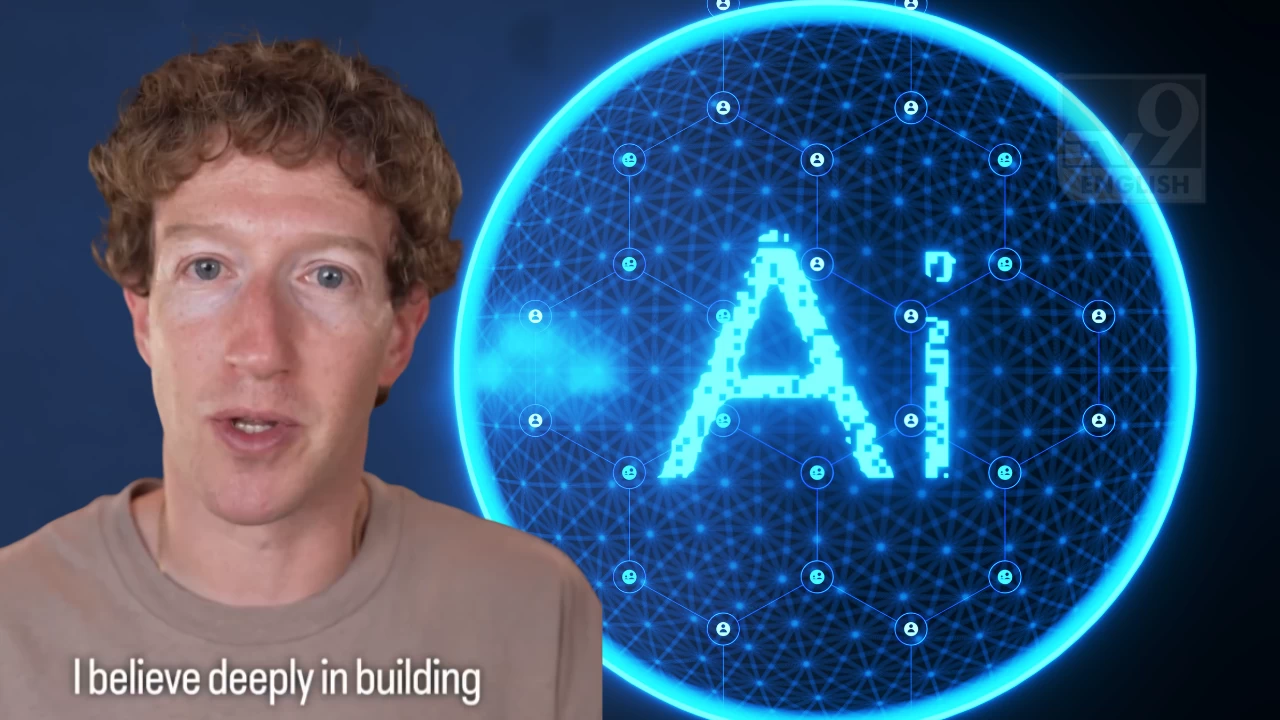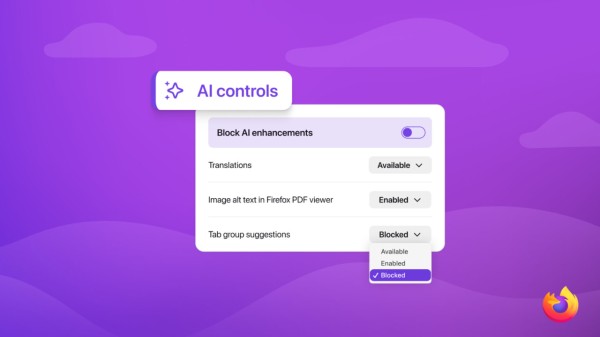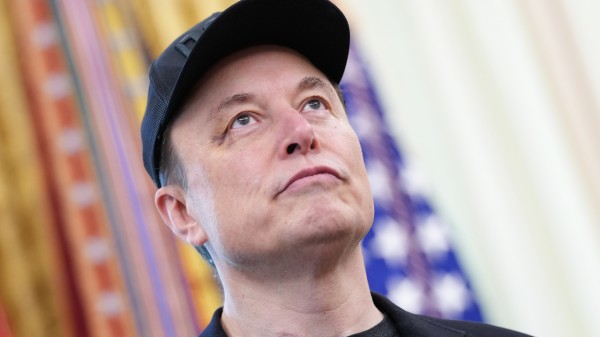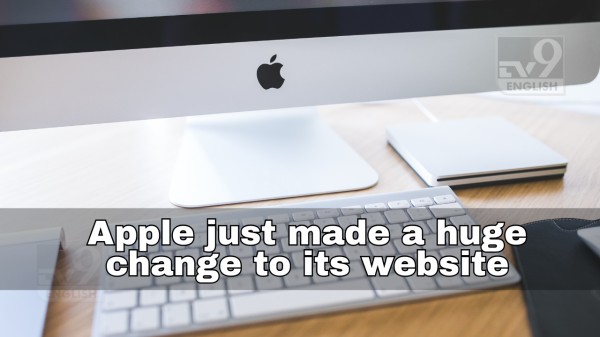

By signing in or creating an account, you agree with Associated Broadcasting Company's Terms & Conditions and Privacy Policy.


By signing in or creating an account, you agree with Associated Broadcasting Company's Terms & Conditions and Privacy Policy.

New Delhi: Meta CEO Mark Zuckerberg has laid out an ambitious plan for what he calls "personal superintelligence" in a new public letter, outlining how AI could soon become deeply integrated into individual lives, not just corporate systems. His vision focuses on giving every person a powerful AI companion to help them achieve personal goals, boost creativity, and make daily tasks smoother.
In Zuckerberg's words, this shift could define the rest of the decade, and the way AI evolves during this time will have a lasting impact on how societies function and individuals live. The note from Meta's founder also throws light on how the company sees itself moving forward compared to other AI players.
Zuckerberg believes superintelligence is no longer a distant idea. "Over the last few months we have begun to see glimpses of our AI systems improving themselves," he wrote, calling the progress "slow for now, but undeniable."
He compared the potential shift with how, 200 years ago, 90% of people were focused only on farming for survival. Just as tech freed humans to explore science, health, and creativity, Zuckerberg believes AI will let people do more of what they value in their own lives.
The real game-changer, according to him, won't just be how much AI can produce, but how deeply it can be tailored to each person. "An even more meaningful impact on our lives will likely come from everyone having a personal superintelligence that helps you achieve your goals," he wrote.
Zuckerberg said Meta wants to put this power directly in people’s hands, letting them use AI based on their own needs and priorities. He said the company does not believe in a future where AI simply takes over most work and gives back outputs to a passive population.
"At Meta, we believe that people pursuing their individual aspirations is how we have always made progress expanding prosperity, science, health, and culture," he said.
Meta aims to build AI tools that become part of daily life. The company wants to shift computing away from laptops and phones to more immersive and context-aware devices like smart glasses. These devices could see and hear what the user does and be able to help them in real-time.
Zuckerberg acknowledged the risks that come with such powerful technology. He said Meta will be careful about safety and what aspects of superintelligence it makes public. "We’ll need to be rigorous about mitigating these risks and careful about what we choose to open source," he said.
At the same time, he stressed that a free society must aim to give more people access to powerful tools rather than centralise control. The letter hints that Meta could open-source at least parts of its AI, continuing its earlier Llama model release strategy.
Zuckerberg says the coming years will be "decisive" for AI. He says Meta has both the tech infrastructure and the global reach to deliver personal superintelligence to billions of users.
"We have the resources and the expertise to build the massive infrastructure required, and the capability and will to deliver new technology to billions of people across our products," he said.
As the AI race heats up globally, Meta is betting that the real value of AI will lie in how well it fits into people's everyday lives, not just how smart the models become. That path, Zuckerberg says, will be shaped in the next few years.












